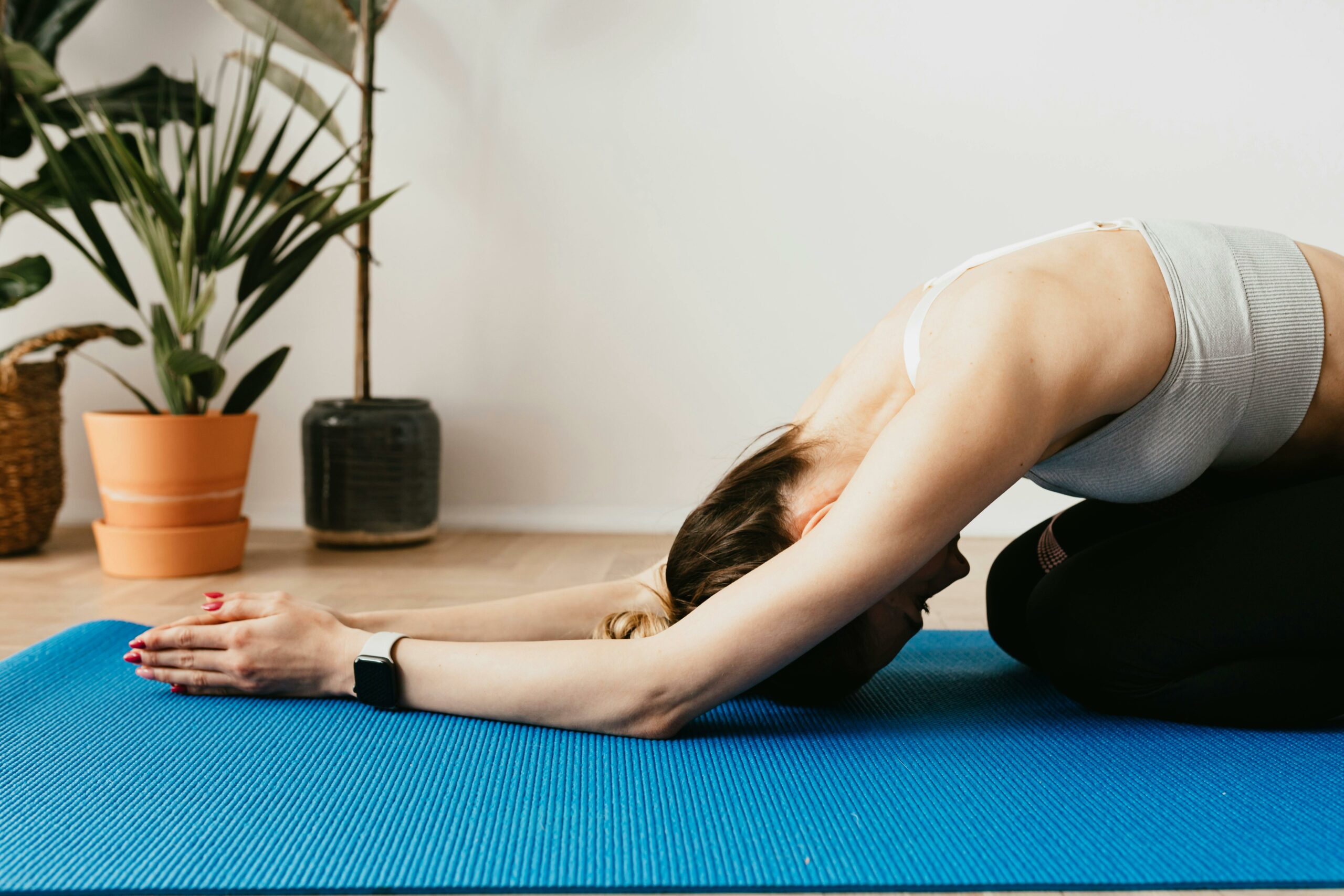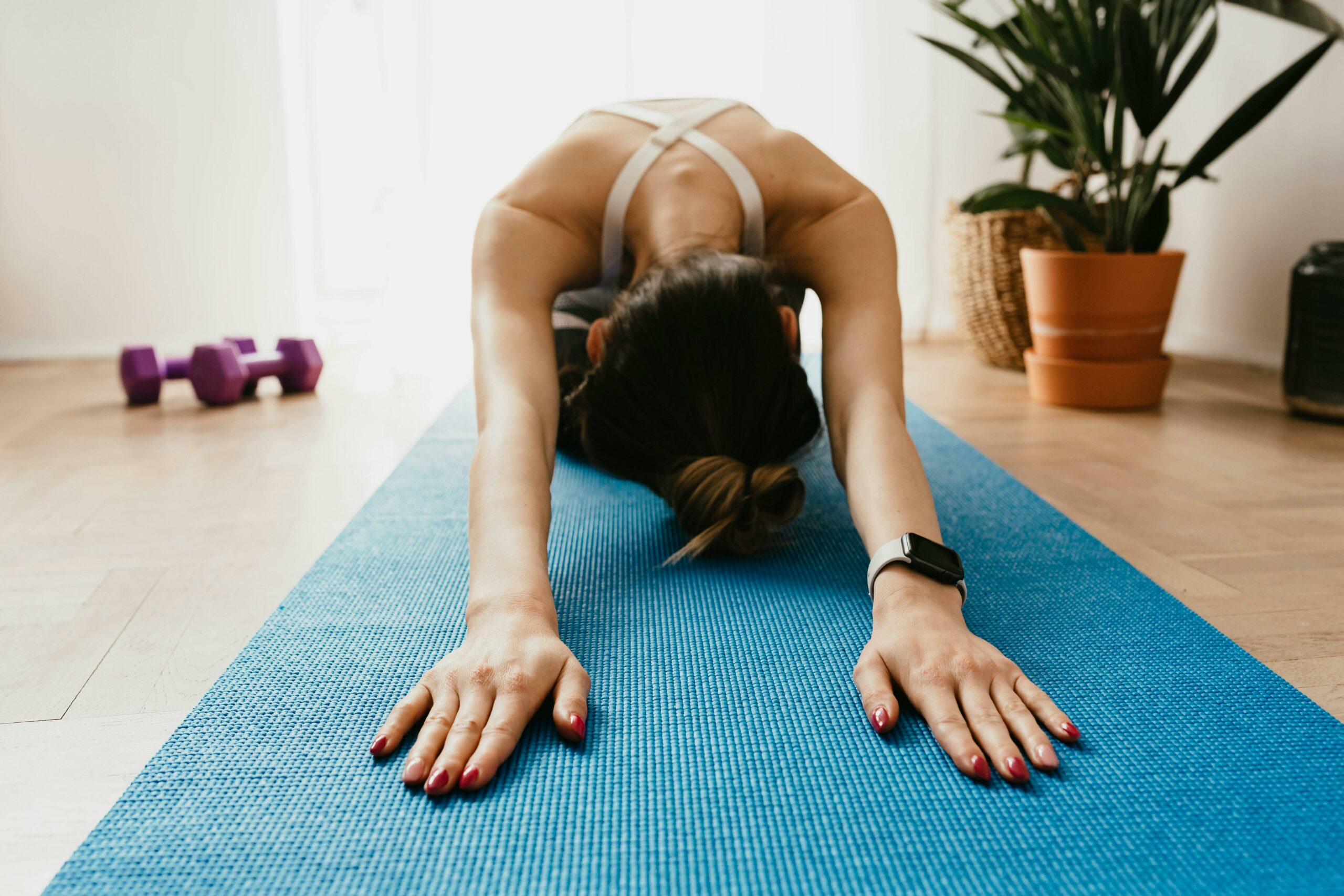Confidence enables people to navigate life with greater ease and self-belief. It influences how they act in everyday situations and how they see themselves. Yet, confidence does not remain constant. It can rise or fall depending on circumstances and daily habits.
Many assume that exercise naturally increases confidence. After all, working out is meant to make people feel healthier and more capable. Still, some fitness routines can have the opposite effect, slowly undermining motivation and self-worth.
This article examines how certain fitness habits, even when guided by good intentions, may hinder confidence rather than build it.
Overtraining Without Enough Rest
Some people believe working out every day is the only way to reach their goals. While regular activity is beneficial, overexertion often leads to exhaustion. Constant tiredness not only hurts the body but also affects mood and mindset.
Skipping rest days can cause frustration and disappointment. Muscles lack the time they need to recover, which makes workouts feel more difficult than they should. This creates a cycle of dropping motivation and rising self-doubt.
It is common for people to try to fix low energy by changing routines or turning to supplements. Items from Maxine’s Burn product range, for instance, are used by some to support energy and fat metabolism. However, even with added support, it is important to use such products carefully and to pay attention to how the body feels overall.
Supplements should never replace proper rest or balanced nutrition. Striking a healthy balance between effort and recovery is essential. When the body feels stronger, the mind often follows, helping to improve both mood and confidence.
Setting Goals That Are Too Big
Aiming high is not the problem. Issues arise when goals are so extreme that they leave no room for small wins. Many people create ambitious plans, hoping to see rapid results. Unfortunately, this often leads to burnout and disappointment.
Missed targets become more common, and the pressure to stay on track can feel overwhelming. Instead of feeling stronger, people may believe they are always falling behind.
It is more effective to set goals that match both lifestyle and schedule. For example, you might aim to increase your daily step count by 500 steps or add one more serving of vegetables to your meals. These smaller, realistic adjustments allow for steady progress. This approach reduces pressure, builds confidence naturally, and creates a sense of relief.
Too Much Comparison
Scrolling through fitness posts or observing others at the gym might appear harmless. However, it is easy to compare your body, routine, or results to someone else’s. Even if you are making progress, it can seem insignificant when others appear to be improving more quickly.
This constant comparison drains motivation. You may stop celebrating your own achievements and begin believing that you are not doing enough. As a result, workouts become less rewarding.
Confidence grows when you focus on your own journey rather than measuring yourself against others. Tracking personal achievements, even small ones, shifts attention back to what truly matters. This helps reduce stress while strengthening commitment.
To limit comparison, consider reducing exposure to social media or focusing only on your personal progress. Remember that each fitness journey is unique.
Doing Exercises You Don’t Like
People often follow workout trends or routines they feel they should do. However, if you do not enjoy the exercises, they quickly become something to avoid. Workouts turn into chores rather than activities that boost mood and energy.
When fitness feels like punishment, it becomes difficult to stay consistent. You may start skipping sessions or performing exercises without genuine effort. This lack of engagement gradually erodes confidence.
Finding activities you genuinely enjoy, such as swimming, hiking, or group classes, makes a significant difference. Enjoyable movement increases consistency, and that sense of commitment helps build lasting self-belief.
Only Chasing Physical Changes
Many begin exercising with the goal of improving appearance. While wanting to feel better in your body is valid, focusing only on physical changes makes it harder to maintain confidence. Even with progress, it may never feel like enough.
The pressure to meet narrow beauty standards keeps people chasing goals that do not always match their body type or lifestyle. Achievements are often overlooked unless they are visible in the mirror.
 Shifting focus to how workouts improve overall wellbeing is a healthier approach. Benefits such as increased energy, improved sleep, or reduced stress support a more balanced mindset. Confidence grows more naturally when you value your efforts as much as your appearance.
Shifting focus to how workouts improve overall wellbeing is a healthier approach. Benefits such as increased energy, improved sleep, or reduced stress support a more balanced mindset. Confidence grows more naturally when you value your efforts as much as your appearance.
Final Words
Confidence and fitness should work together, not against one another. Yet, routines designed with good intentions sometimes create more stress than strength. If your workouts leave you feeling tired, frustrated, or doubtful, it may be time to make a few adjustments.
By making small but consistent changes, you can feel more comfortable in your body and more confident in your mind.



